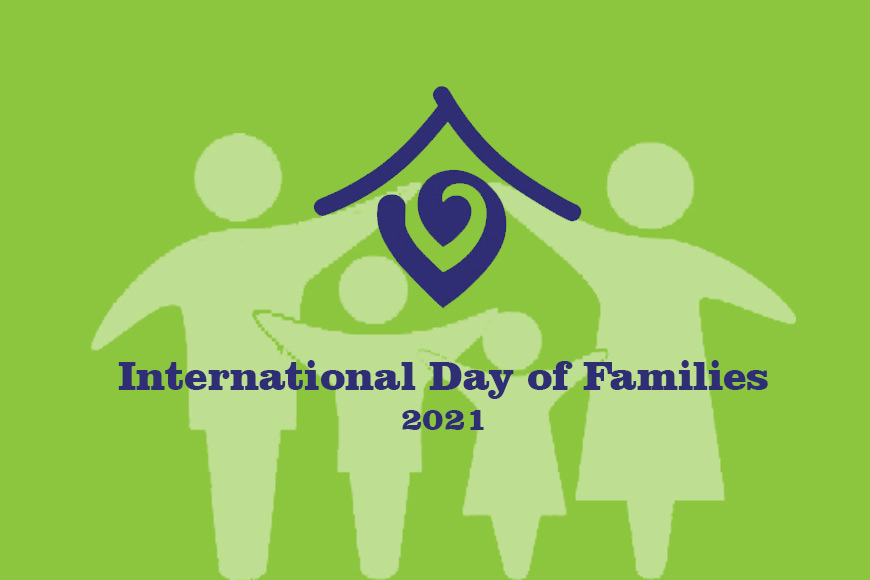Is blood really thicker than water?

When we say ‘family’, what do we usually mean? In our times, the answer is likely to be a unit of four or five people, comprising a married, heterosexual couple and their biological children, with the couple’s parents or in-laws in some cases. That’s a nuclear family, of course. The very Indian concept of the ‘joint’ family, comprising parents, their married children, grandchildren, and other relatives, all eating out of a common kitchen, has all but disappeared from the urban landscape at any rate.
Today being the International Day of Families, however, the question is hard to ignore - does our traditional definition of a family still apply in an era of single-parent families, same-sex families, adoptive families, friends who become family, or increasingly demanding workplaces where colleagues become family? No it doesn’t, says psychoanalyst Jhuma Basak. “We cannot take the burden of a ‘blood family’ any longer,” she says. “The traditional definition of a family has outlived its utility.”
Particularly in Kolkata, where an increasing number of parents are left without the company of their adult children who leave the city in search of a better life, the idea of the family seems to be undergoing a sea change. If we were to use emotional intimacy as a yardstick to define a family, then many elderly Kolkatans would probably choose their caregivers or neighbours over their children. The same holds true of siblings, or even estranged married couples.
International Day of Families was proclaimed by the UN General Assembly in 1993, and ostensibly reflects the importance “the international community attaches to families”. The thing is, the world has changed drastically in the past two decades, and for an increasing number of societies, the role of the family has changed accordingly. With greater mobility has come a shifting sense of community and family ties, as more and more people travel away from home and seek to build or integrate into new communities where blood ties are irrelevant.
In an article published online, psychotherapist Erica Berman writes, “Our rigid ideas about families is an issue I see every day in my work as a psychotherapist. Often it’s around clients feeling guilt and obligation to maintain relationships with their biological parents and/or relatives even if these individuals are extremely abusive or toxic.”
This sense of obligation is probably what Basak refers to when she talks about the burden of blood ties. Increasingly over the past couple of decades, friends have often taken the place of family in a crisis situation, and the current Covid-19 pandemic has only reinforced this phenomenon. Simply being related to someone by blood no longer seems to ensure commitment or loyalty. “In my line of work, I notice that an increasing number of people in their early 20s can no longer relate to their parents’ ideas of family. The traditional concept of family is primarily that of an anchor in our lives. But today, the conventional family unit may not necessarily be that anchor,” says Basak.
As the world struggles under the crushing weight of a pandemic, with governments often at a loss for adequate measures to combat the crisis, it is ordinary people who have stepped up to help other ordinary people. “Even the apartment complex you live in, which may have replaced the typical Kolkata concept of ‘para’ (small neighbourhood), is your family,” says All Bengal Men’s Forum president Nandini Bhattacharya, whose work often leads her to interact closely with families of all denominations. She adds that she no longer subscribes to the traditional idea of families because “the work I do as an activist has shown me how flexible the term family can be”.
Clearly, the family now seems to be working more as a concept than the traditional social unit. On a day like today, why not expand our concept of the family to look beyond blood ties and focus on ties of the mind instead? After all, blood may no longer be thicker than water.










